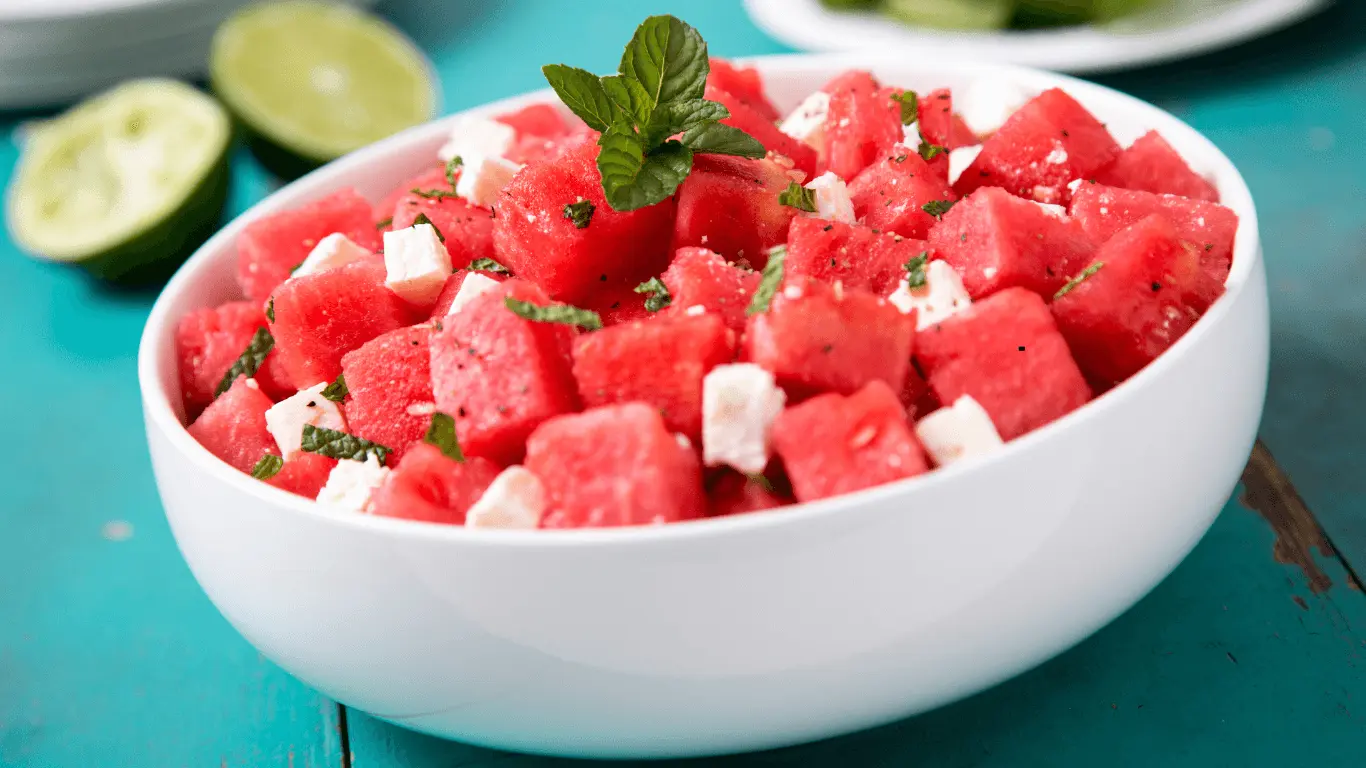Parrots are beautiful, intelligent birds that thrive on a balanced and varied diet. Understanding what foods are safe and beneficial for parrots is crucial for their health and longevity. This comprehensive guide explores everything parrot owners need to know about feeding their feathered friends, from common dietary choices to symptoms of nutritional deficiencies, and expert insights on maintaining a healthy diet.
Types and Categories of Foods for Parrots
Fruits
Common Fruits Parrots can enjoy a variety of common fruits such as apples, bananas, and berries. These fruits provide essential vitamins and minerals, contributing to overall health.
Exotic Fruits Offering exotic fruits like mango, papaya, and pomegranate can add variety and additional nutrients to a parrot's diet. These fruits are often rich in antioxidants and beneficial enzymes.
Vegetables
Leafy Greens Leafy greens like spinach, kale, and Swiss chard are excellent sources of vitamins A, C, and K. They also provide calcium and other essential minerals.
Root Vegetables Root vegetables such as carrots, sweet potatoes, and beets are packed with nutrients and are a great addition to a parrot's diet. These vegetables are typically high in fiber and vitamins.
Grains and Seeds
Common Seeds Seeds like sunflower seeds, pumpkin seeds, and flaxseeds are popular among parrots. They provide healthy fats and protein but should be given in moderation due to their high-fat content.
Specialized Parrot Mixes Specialized parrot seed mixes are formulated to meet the nutritional needs of different parrot species. These mixes often include a variety of seeds, grains, and dried fruits.
Nuts
Safe Nuts Nuts such as almonds, walnuts, and hazelnuts can be a nutritious treat for parrots. They are high in protein and healthy fats, but like seeds, should be given in moderation.
Nuts to Avoid Some nuts, like macadamia nuts, can be toxic to parrots and should be avoided. Always ensure nuts are unsalted and unseasoned.
Protein Sources
Animal-based Proteins Occasionally, parrots can have small amounts of animal-based proteins like cooked chicken or boiled eggs. These provide essential amino acids but should not be a staple in their diet.
Plant-based Proteins Plant-based proteins such as legumes and cooked beans are excellent sources of protein for parrots. They are healthy and safe when properly prepared.
Symptoms and Signs of Nutritional Deficiencies
Common Nutritional Deficiencies
Parrots can suffer from various nutritional deficiencies if their diet is not well-balanced. Common deficiencies include vitamin A, calcium, and protein.
Signs to Watch For
Signs of nutritional deficiencies in parrots include feather plucking, lethargy, poor feather quality, and changes in behavior or appetite. Monitoring these signs is crucial for early intervention.
Impact on Parrot Health
Nutritional deficiencies can lead to serious health issues, including weakened immune systems, poor bone health, and increased susceptibility to infections. Ensuring a balanced diet is key to preventing these problems.
Causes and Risk Factors for Dietary Issues
Poor Dietary Choices
Feeding parrots an imbalanced diet lacking in essential nutrients can lead to various health issues. Avoid over-reliance on seeds and provide a diverse range of foods.
Lack of Variety
A lack of variety in a parrot's diet can result in nutritional deficiencies. It's important to offer a wide range of fruits, vegetables, grains, and proteins.
Environmental Factors
Environmental factors, such as stress and lack of mental stimulation, can impact a parrot's eating habits and overall health. A stimulating environment encourages healthy eating behaviors.
Diagnosis and Tests for Nutritional Health
Veterinary Check-ups
Regular veterinary check-ups are essential to monitor a parrot's health and nutritional status. Vets can provide tailored advice on diet and nutrition.
Blood Tests
Blood tests can reveal nutritional deficiencies and help in diagnosing underlying health issues. They are a valuable tool in managing a parrot's diet.
Dietary History Review
Reviewing a parrot's dietary history helps in identifying potential nutritional gaps and making necessary adjustments to their diet.
Treatment Options for Dietary Issues
Dietary Adjustments
Making appropriate dietary adjustments, such as incorporating more fresh fruits and vegetables, can address many nutritional issues in parrots.
Supplements
In some cases, dietary supplements may be necessary to correct deficiencies. Always consult a veterinarian before introducing supplements.
Veterinary Interventions
For severe nutritional issues, veterinary interventions may be required. This can include treatments and therapies tailored to the parrot's specific needs.
Preventive Measures for Optimal Nutrition
Creating a Balanced Diet Plan
Creating a balanced diet plan that includes a variety of foods is crucial for maintaining a parrot's health. Ensure the diet is rich in essential vitamins and minerals.
Regular Health Check-ups
Regular health check-ups with a veterinarian help in early detection and management of nutritional issues. This proactive approach ensures long-term health.
Education for Parrot Owners
Educating parrot owners about the importance of a balanced diet and proper nutrition is key to preventing dietary issues. Access to reliable resources and expert advice is invaluable.
Personal Stories or Case Studies
Success Stories of Diet Changes
Many parrot owners have successfully improved their pets' health by making dietary changes. Sharing these success stories can provide inspiration and practical tips.
Challenges Faced by Parrot Owners
Understanding the challenges faced by parrot owners in maintaining a balanced diet can help in finding effective solutions. Common challenges include picky eating and lack of access to diverse foods.
Expert Insights
Veterinarian Advice
Veterinarians can offer expert advice on parrot nutrition and diet. Their insights are based on clinical experience and research.
Parrot Nutritionists’ Recommendations
Parrot nutritionists specialize in creating balanced diets tailored to different species. Their recommendations are invaluable for maintaining optimal health.
Conclusion
Summary of Key Points
A balanced diet is crucial for a parrot's health and well-being. Including a variety of fruits, vegetables, grains, and proteins ensures they receive essential nutrients.

